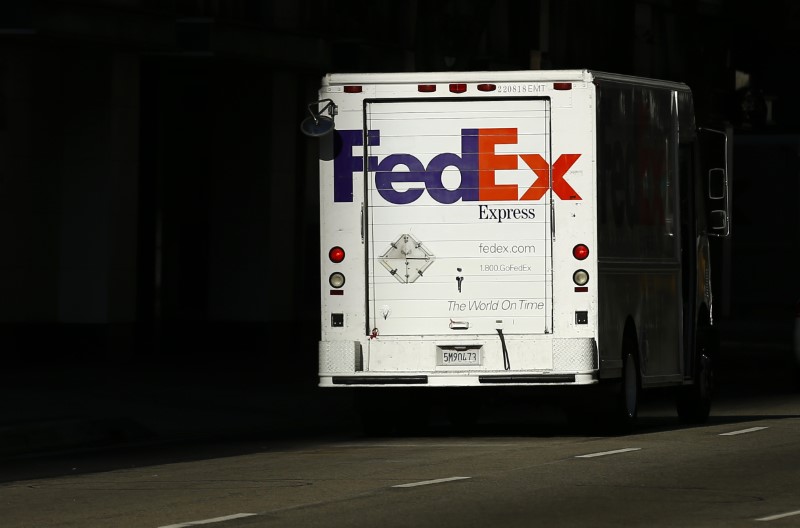© Reuters.
By Daniel Wiessner
(Reuters) – The U.S. National Labor Relations Board on Tuesday made it more difficult for companies to treat workers as independent contractors rather than employees, handing workers in the gig economy and other industries a potential path to join unions.
The Democrat-led board threw out a more business-friendly standard for classifying workers adopted during the Trump administration, which had said workers who operate their own businesses should generally be considered independent contractors who cannot join unions.
Instead, the agency reverted back to an Obama-era test that considers a broader array of factors such as the amount of control companies exercise over workers and the degree to which workers depend on a single company to make a living.
The board’s ruling came in a case involving a union campaign by makeup artists and hairstylists for the Atlanta Opera (NASDAQ:). The board said the workers were the opera’s employees and could hold an election over whether to join a union.
Lawyers for the opera and the union organizing its workers did not immediately respond to requests for comment.
The opera cannot immediately appeal the decision. If the workers vote to unionize, the opera could refuse to bargain and bring the case back to the labor board and ultimately a federal appeals court.
Worker classification has been among the most contentious employment-related issues in the U.S. over the last decade. The U.S. Department of Labor is expected to soon finalize a proposed rule opposed by business groups that would narrow the circumstances in which workers qualify as independent contractors under federal wage laws.
Any change in policy is expected to increase labor costs for many industries including trucking, retail and manufacturing. But the effect on the “gig economy,” which relies heavily on independent contractors, has received the most attention.
Kristin Sharp (OTC:), CEO of gig economy trade association Flex (NASDAQ:), said Tuesday’s ruling was out of step with an increasingly tech-driven economy defined by worker flexibility.
“This decision will only generate greater confusion and uncertainty, while undermining the independent work that millions of Americans have chosen, often in lieu of traditional employment,” Sharp said in a statement.
In a 2014 ruling involving FedEx Corp (NYSE:) drivers, the labor board had said a worker’s opportunity for profit or loss is only one factor to be considered in determining independent contractor status.
Five years later, the Trump-era board ruled that so-called “entrepreneurial opportunity” should be the main factor in evaluating classification, narrowing the ability of workers and unions to prove employee status.
The board on Tuesday said that ruling was too narrow. Entrepreneurial opportunity should be considered, the board said, but only in tandem with other factors that speak to whether workers are operating truly independent businesses.
Read the full article here




